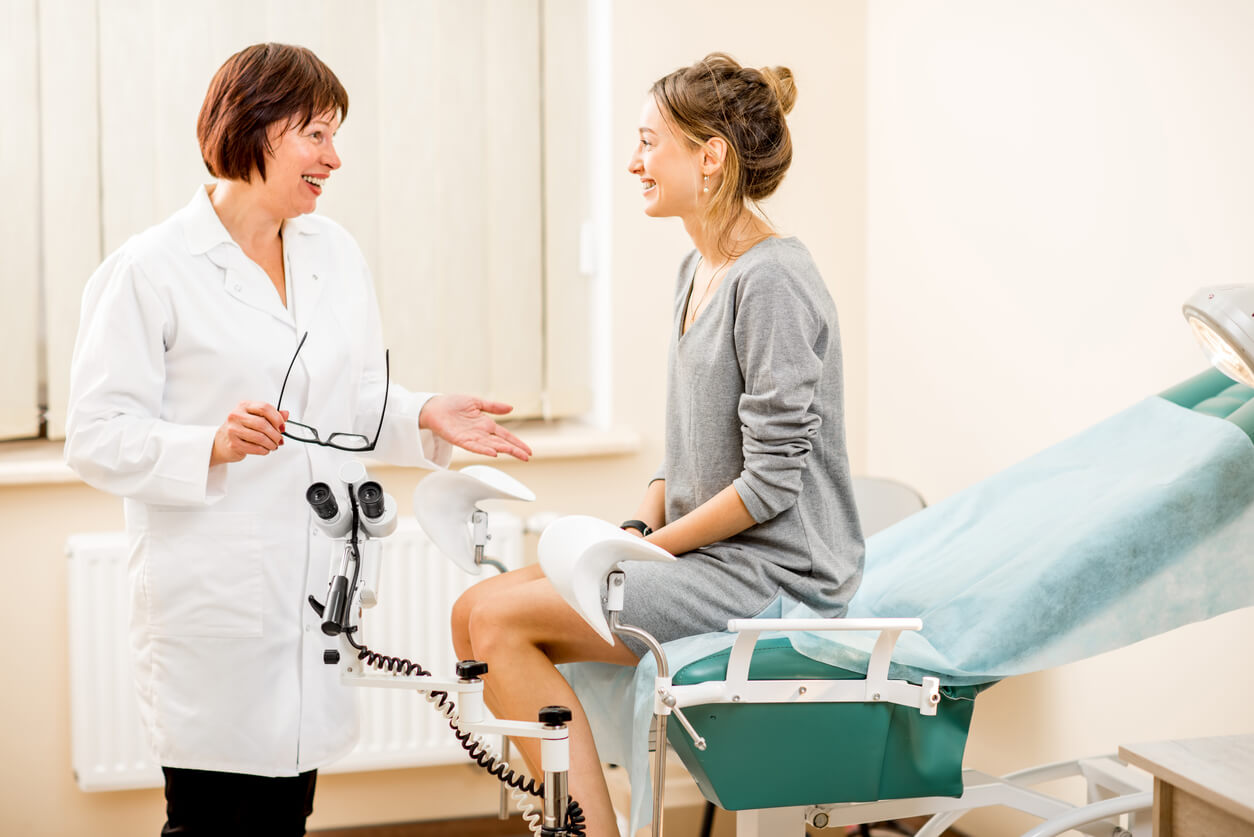
Women are often told to simply “deal with” common gynecological conditions like menstrual cramps, heavy bleeding, and pain during intercourse. But the truth is, these discomforts can be symptoms of more serious conditions that require medical attention.
That being the case, you must be aware of some of the most common gynecological conditions that adult women face, including endometriosis, fibroids, and more – as well as the symptoms, risk factors, and treatment options so that you can empower yourself with knowledge about your reproductive health.
Four of the Most Common Gynecological Conditions
These include:
- Endometriosis, which occurs when the tissue that normally lines the inside of the uterus grows outside of the uterus, typically on the ovaries, fallopian tubes, or the lining of the pelvic cavity. This causes painful periods, pelvic pain, and pain during intercourse. Other symptoms can include heavy menstrual bleeding, fatigue, and infertility.
Risk factors for endometriosis include:
- Your family history
- Never having given birth
- Starting your period at an early age
- Having periods that last longer than 7 days.
Treatment options for endometriosis include pain management with over-the-counter medications or hormone therapy or, in severe cases, surgery to remove the excess tissue and scar tissue.
- Fibroids, which are non-cancerous growths that can form in the uterus. They can cause heavy menstrual bleeding, pelvic pain, and pressure in the lower abdomen. Some women may also experience pain during intercourse, frequent urination or constipation.
Risk factors for fibroids include genetics, age, and hormonal factors. Treatment options include hormone therapy, surgery to remove the fibroids, or a hysterectomy.
- Polycystic Ovary Syndrome (PCOS), which is a hormonal disorder that can cause:
- Irregular periods
- Weight gain
- Acne
- Excessive hair growth.
PCOS is also associated with an increased risk of type 2 diabetes, high blood pressure, and heart disease. Although the exact cause of PCOS is unknown, it is believed to be related to insulin resistance and genetics. Treatment options can include lifestyle changes, such as weight loss and exercise, or medication to regulate menstrual cycles and manage symptoms.
- Urinary Tract Infections (UTIs), which are common infections of the urinary tract that can cause painful urination, frequent urination, and lower abdominal pain.
Risk factors for UTIs include being sexually active, having a history of UTIs, and using certain types of birth control. Treatment includes antibiotics and increased fluid intake to flush out the infection.
Gynecologist in North Miami, Florida
It is critical that you take your gynecological health seriously and seek medical attention if you experience symptoms that affect your quality of life. While endometriosis, fibroids, PCOS, and UTIs are common conditions, they can have serious consequences if left untreated. By educating yourself about the risks and treatment options for these conditions, you can take control of your reproductive health and live a happier, healthier life.
At Levin’s Women’s Health and Wellness Center, our board-certified gynecologists have the clinical expertise to provide comprehensive care for a wide variety of disorders that, in addition to those highlighted above, include:
- Cervical dysplasia (an abnormal Pap smear)
- Infertility
- Menopause
- Menstrual problems
- Ovarian cysts
- Pelvic inflammatory disease (PID)
- Pelvic organ prolapse
- Polycystic ovarian disease
- Sexually transmitted diseases (STDs)
- Urinary incontinence
- Yeast and vaginal infections
Not only do Dr. Daniel Levin and Dr. Joan Alvarez deliver expert and compassionate support and treatment, but our multilingual staff is focused on effectively addressing your needs with the warmth, kindness, and sensitivity you deserve from a top-quality healthcare provider.
To schedule a consultation with one of our gynecologists, call us today at (305) 981-0231 or use our convenient online appointment request form.
